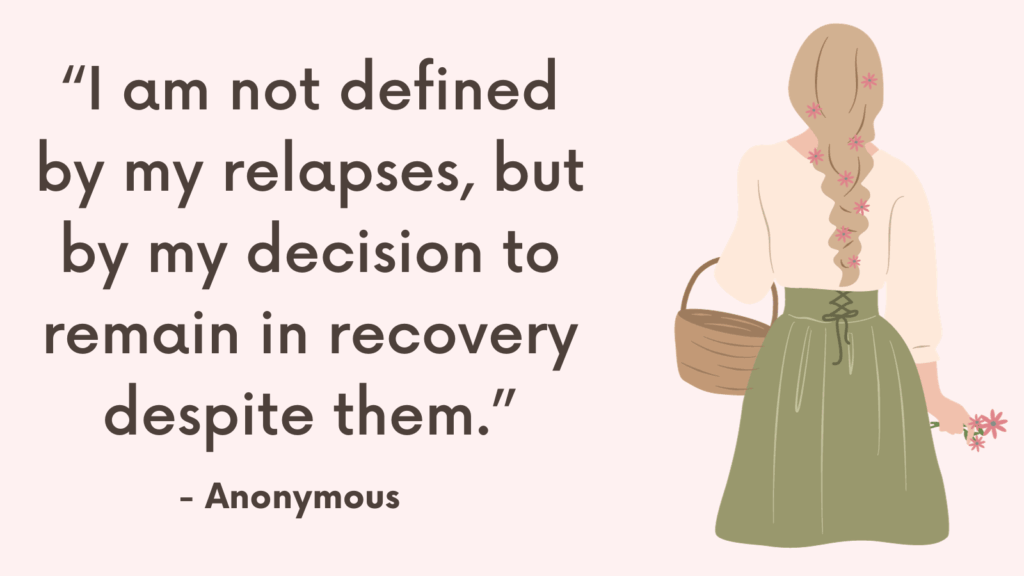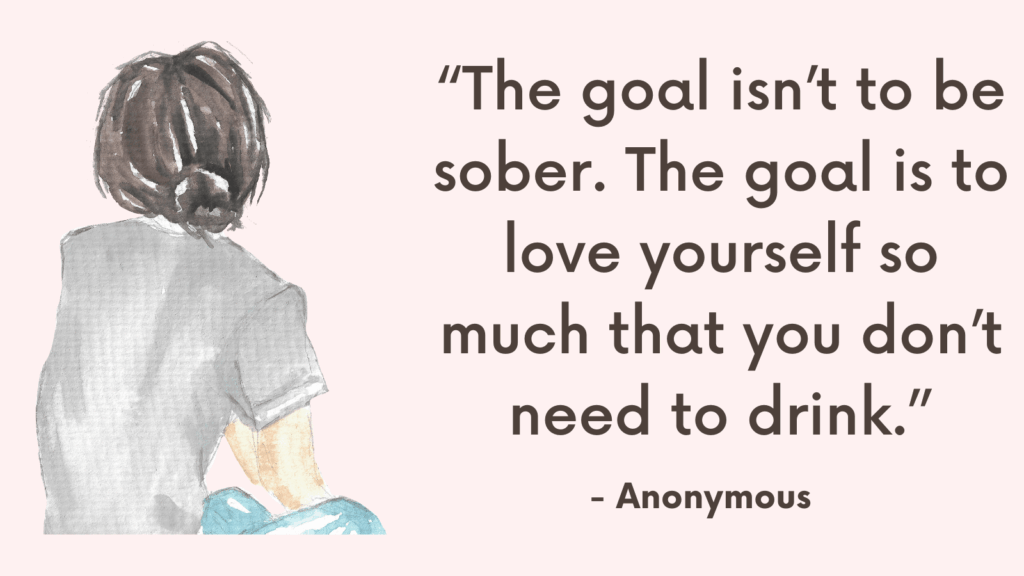In this post, you’ll learn how to get rid of sexting addiction.
What Is Sexting Addiction?
Sexting addiction refers to an obsessive and compulsive behavior of sending or receiving sexually explicit messages, photos or videos through digital communication platforms such as phones, social media or email.
It is an excessive and uncontrollable urge to engage in sexting that leads to negative consequences such as relationship problems, social isolation, and emotional distress.
People who struggle with sexting addiction may experience withdrawal symptoms when they are unable to participate in the behavior and may also have difficulty stopping the behavior even if they want to.
Related: Am I Addicted To My Phone Quiz (+Digital Detox Challenge)
Signs of Sexting Addiction
Sexting addiction is a compulsive behavior that involves sending sexually explicit messages, images or videos to others through texting or messaging.
Here are some signs of sexting addiction:
1. Inability to control sexting behavior: A sexting addict often finds it difficult to control their urge to send sexually explicit messages and images even when it’s inappropriate.
2. Obsession with sexting: A person addicted to sexting may spend several hours each day sexting, checking for responses, or trying to find new partners.
3. Neglecting responsibilities: Sexting addiction can lead to neglecting responsibilities like work, studies, family and personal relationships.
4. Trouble forming intimate relationships: Sexting addiction can make it difficult for an individual to form intimate relationships since they are more comfortable expressing themselves sexually online than face-to-face.
5. Poor judgment: People addicted to sexting may engage in risky behaviors, like sending sexually explicit messages to strangers or people they don’t know well.
6. Withdrawal symptoms: When a person addicted to sexting is unable to sext, they may experience withdrawal symptoms such as anxiety, irritability or mood swings.
It’s important to seek professional help if you or someone you know is experiencing these signs of sexting addiction.
It is important to note that while sexting addiction is a real issue, it is not recognized as a formal diagnosis in the Diagnostic and Statistical Manual of Mental Disorders (DSM-5).
Related: Porn Addiction Test (+Best 6 Tips On How To Get Free From Porn Addiction)
Cause of Sexting Addiction
Sexting addiction can be caused by a number of factors such as:
1. Dopamine release: When we engage in sexting, our brains release dopamine, which is a feel-good neurotransmitter that gives us a sense of pleasure and reward. This can create a strong desire to engage in sexting activities repeatedly.
2. Lack of intimacy: Some individuals may turn to sexting as a way to fulfill their need for intimacy, attention, or connection with others, especially if they are feeling lonely or disconnected.
3. Easy accessibility: With the widespread use of mobile devices and social media platforms, it has become easier than ever to access and engage in sexting activities.
4. Peer pressure: Social norms and pressure from friends or romantic partners can also contribute to an individual’s engagement in sexting behavior.
5. Trauma or past experiences: Some individuals may use sexting as a way to cope with past trauma or negative experiences, using it as a form of escapism or self-medication.
Related: Am I Self-Destructive Quiz
How to Get Rid of Sexting Addiction?
Sexting addiction is a serious issue that can have negative consequences.
Here are some tips to help you overcome it:
#1. Recognize The Negative Consequences Of Sexting Addiction
The first step in overcoming any addiction is recognizing that you have a problem. Be honest with yourself about your behavior and how it’s affecting your life.
There are a number of negative consequences associated with sexting addiction, including:
1. Legal Consequences: In some cases, sexting can be considered a criminal offense if individuals involved are under 18 years old or sharing explicit images without consent.
2. Relationship Issues: Those who develop a sexting addiction may spend excessive amounts of time engaging in this behavior, which can lead to a neglect of personal relationships and responsibilities.
3. Emotional Distress: Individuals who become addicted to sexting may experience anxiety, depression, or other emotional distress due to their reliance on this behavior to feel validated or satisfied.
4. Impact on Professional Life: If sexting addiction is discovered by an employer, it could lead to termination, damage to the individual’s reputation, or even legal action.
5. Risk of Exploitation: Sexting can make individuals vulnerable to exploitation, blackmail, or harassment, which can have long-term negative consequences on their personal and professional life.
Related: How To Step Out Of Denial? Top 10 Steps To Overcome Denial When The Truth Is Heartbreaking
#2. Identify Your Triggers
Identify what triggers your sexting addiction.
These can include stress, anxiety, depression, boredom, or certain people or situations.
Once you know your triggers, you can develop healthy coping mechanisms to deal with them.
#3. Set Boundaries
Establish clear boundaries with yourself when it comes to using your phone and social media, especially when it comes to sexting.
Consider deleting apps, disabling notifications, or leaving your phone in another room to reduce temptation.
#4. Find Healthy Outlets
Pursue activities that bring you joy and fulfillment, such as exercise, hobbies, or spending time with loved ones.
These can distract you from the urge to sext while also providing you with healthy dopamine.
#5. Seek Professional Help
Consider talking to a therapist or counselor who specializes in addiction.
They can help you understand why you’re addicted to sexting and provide you with strategies for dealing with the addiction.
Related: How To Achieve Emotional Sobriety? (+FREE Emotional Sobriety Worksheets)

Conclusion
Sexual addiction is a real and serious issue.
If you find yourself frequently engaging in sexting to the point that it interferes with your daily life, personal relationships, or causes distress, seeking professional help might be a good step to take.
A therapist who specializes in sex addiction and compulsive behaviors can help you understand the underlying issues behind the behavior and provide tools to manage the addiction.
Additionally, practicing self-care, setting boundaries around technology use, and finding healthy ways to cope with stress can all be useful steps towards overcoming addiction to sexting.
FAQ
How can sexting addiction affect mental health?
Sexting addiction may lead to negative effects on mental health, such as increased anxiety, depression, low self-esteem, feelings of guilt or shame, difficulty concentrating, and impaired interpersonal relationships.
It can also contribute to a sense of loss of control and distress.
Can sexting addiction be treated?
Yes, sexting addiction can be effectively treated. Psychotherapy, specifically cognitive-behavioral therapy (CBT), is often used to address underlying issues, develop healthier coping mechanisms, and modify problematic behaviors.
Support groups, individual counseling, and family therapy may also be beneficial.
Overcoming sexting addiction requires commitment, support, and a structured treatment plan.
It involves identifying triggers and learning healthier ways to cope with emotions, practicing self-control, setting boundaries, and developing healthier relationships.
How can I prevent sexting addiction?
To prevent sexting addiction, it’s important to maintain a healthy relationship with technology and set boundaries for its use.
Developing positive coping mechanisms for stress, building healthy self-esteem, fostering open communication, and promoting responsible digital behavior can also help reduce the likelihood of becoming addicted to sexting.
Can sexting addiction lead to legal consequences?
Yes, sexting can sometimes involve sharing explicit or inappropriate content, especially if it involves minors.
It is crucial to understand and adhere to legal boundaries and consider the potential consequences before engaging in any form of sexting.



